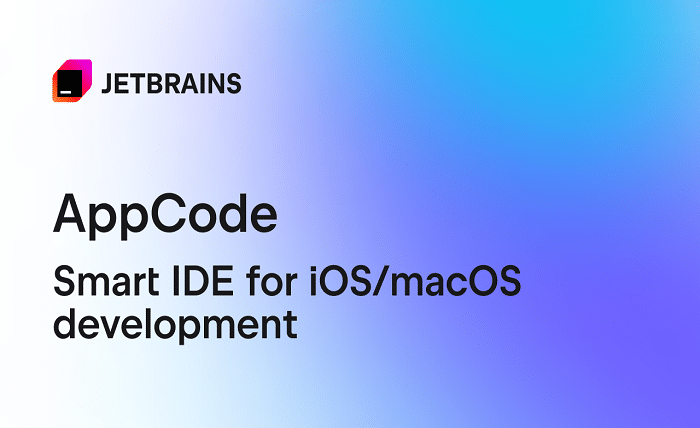Mastering AppCode iOS: The Ultimate Guide for iOS Developers

AppCode iOS is a robust integrated development environment (IDE) designed by JetBrains, specifically for macOS. It provides advanced tools to streamline iOS and macOS application development. With features such as intelligent code assistance, refactoring, and debugging capabilities, AppCode iOS significantly improves productivity. Many developers prefer AppCode iOS because of its deep integration with Xcode, making it a powerful alternative for coding Swift, Objective-C, C++, and more.
Why Choose AppCode iOS for Development?
AppCode iOS offers numerous advantages that set it apart from Xcode and other IDEs. Its smart coding assistance helps detect errors in real time, making development faster and more efficient. The IDE also provides an advanced refactoring system, allowing developers to restructure their code with ease. Additionally, AppCode iOS supports various plugins, enhancing the user experience and improving workflow. Developers find AppCode iOS useful for automated testing, increasing code quality, and reducing development time.
Features That Make AppCode iOS Stand Out
AppCode iOS boasts a wide range of features that make it a preferred choice for iOS developers. First, it provides deep integration with version control systems like Git, making collaboration more manageable. Second, AppCode iOS comes with a robust debugger, allowing developers to identify and fix issues quickly. Third, it has extensive code navigation and analysis tools, ensuring a smooth coding experience. Furthermore, AppCode iOS supports multiple programming languages, making it a versatile tool for mobile and desktop app development.
How AppCode iOS Improves Productivity
One of the main reasons developers switch to AppCode iOS is its productivity-enhancing capabilities. The IDE includes powerful automation tools, such as code completion, quick fixes, and error detection, which reduce coding time. The smart keyboard shortcuts in AppCode iOS allow developers to navigate between files and functions seamlessly. With its built-in test runner, AppCode iOS enables developers to run and manage unit tests effortlessly. Moreover, the seamless integration with Xcode ensures that developers can continue using Apple’s tools while benefiting from AppCode iOS features.
AppCode iOS vs. Xcode: Which One to Choose?
While Xcode remains the official Apple IDE for iOS development, AppCode iOS offers significant advantages. AppCode iOS provides better refactoring tools, code analysis, and customization options compared to Xcode. Developers who need an efficient, intelligent, and highly automated IDE often prefer AppCode iOS. However, Xcode is necessary for building and deploying iOS applications, making it essential for final testing and submission to the App Store. Many developers use AppCode iOS alongside Xcode to leverage the best features of both IDEs.
Getting Started with AppCode iOS
Installing and setting up AppCode iOS is a straightforward process. Developers can download the latest version of AppCode iOS from the JetBrains website and install it on macOS. The IDE requires an active Xcode installation to function properly, as it relies on Apple’s SDKs. After installation, developers can configure AppCode iOS according to their preferences, customizing themes, shortcuts, and tool windows. With a few tweaks, AppCode iOS can be optimized to enhance the iOS development workflow.
Final Thoughts on AppCode iOS
AppCode iOS is a game-changer for iOS developers looking for an alternative to Xcode. With intelligent coding assistance, seamless debugging, and automation tools, AppCode iOS enhances the development experience. While it may not completely replace Xcode, it complements Apple’s tools perfectly, providing developers with more flexibility and efficiency. By integrating AppCode iOS into their workflow, developers can streamline coding, improve accuracy, and speed up application development.
FAQs
1. What programming languages does AppCode iOS support?
AppCode iOS supports Swift, Objective-C, C++, JavaScript, and other languages commonly used for iOS and macOS development.
2. Can I use AppCode iOS without Xcode?
No, AppCode iOS requires Xcode to be installed, as it depends on Apple’s SDKs and development tools.
3. Is AppCode iOS better than Xcode?
AppCode iOS offers advanced refactoring, debugging, and automation features, but Xcode is still necessary for app submission and deployment.
4. Does AppCode iOS support third-party plugins?
Yes, AppCode iOS supports a variety of plugins that enhance functionality and improve the development workflow.
5. Is AppCode iOS suitable for beginners?
While AppCode iOS offers powerful tools, beginners might find it challenging at first. However, learning its features can significantly boost productivity.





